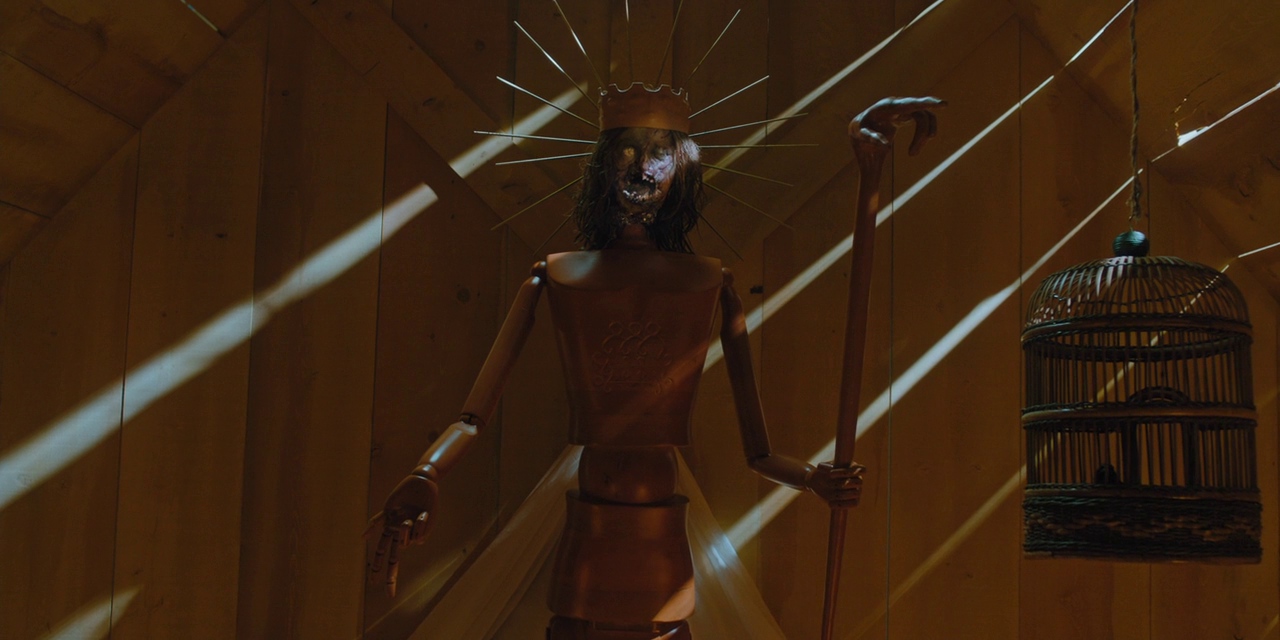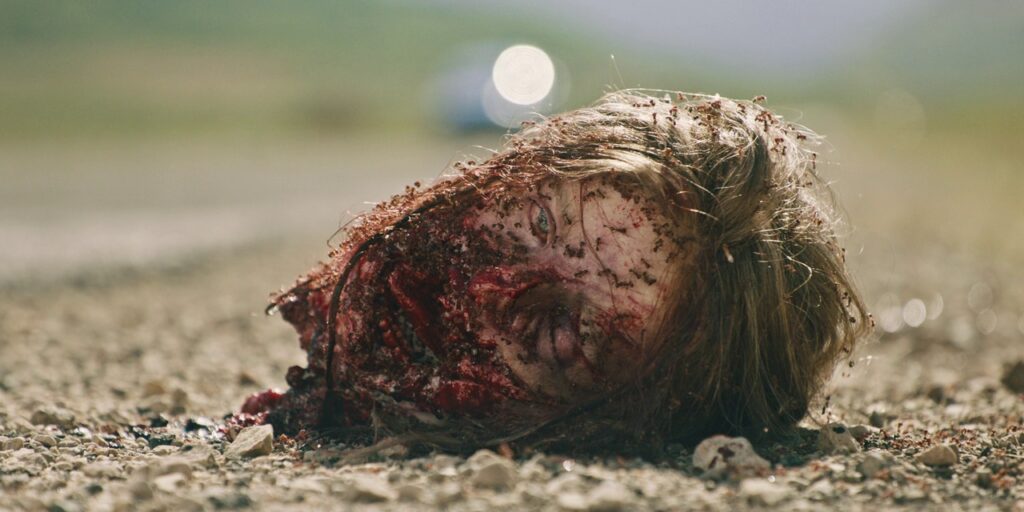
You don’t just watch Hereditary. You survive it. You crawl through its splinters and echoes like you’re rummaging through the attic you swore you’d never open. There’s something sticky about this film — grief like flypaper, generational rot that clings to you long after the credits roll.
Ari Aster’s debut doesn’t need cheap jumpscares. It sits with you at the dinner table. It watches you sleep. It lives in the corners of the ceiling. But the real punch isn’t the demon or the decapitation — it’s the festering truth every family tries to wallpaper over: some curses can’t be undone, because they’re made of blood.
Annie: Architect of Her Own Hell
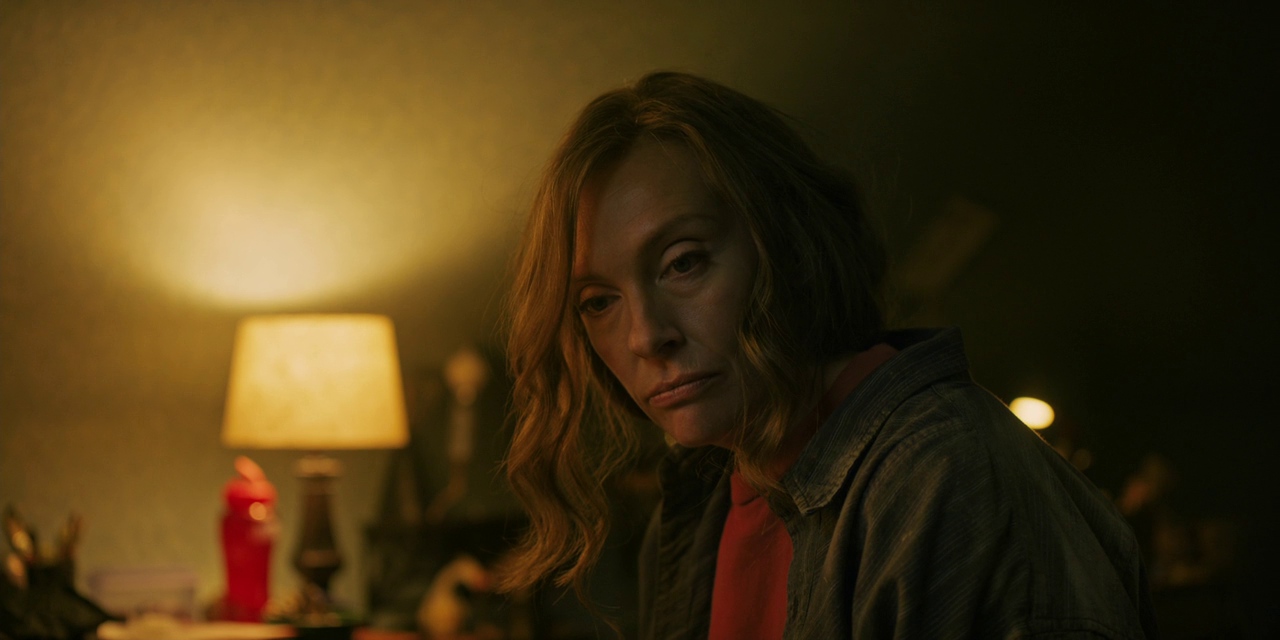
Let’s start with Annie. Toni Collette, burning at both ends, gives us a portrait of a mother held together by craft glue and denial. She builds tiny dollhouses — her family, her trauma, all shrunk down to scale so she can control them. Except she can’t. The real house is rotting. The real family is splintering. And the dead — her mother, her daughter — they’re not staying in their graves.
Annie’s worst nightmare isn’t Paimon’s cult. It’s herself. Her mother’s claws are still in her, even in death. Her mother made her. Molded her kids. Poured poison down the family tree. It’s an inheritance you can’t sell off. That’s the real horror here — the idea that no matter how many tiny people you stick in your dollhouse, you’ll never change the ending.
Charlie: The Lamb
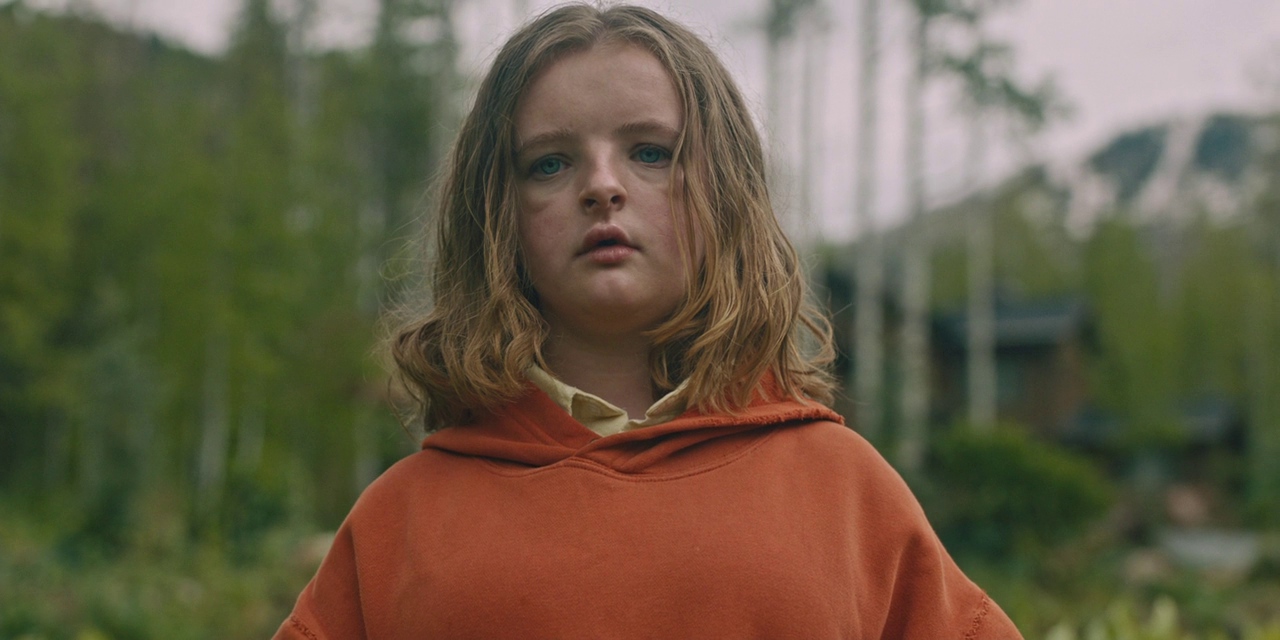
Sweet, strange Charlie — the girl who clicks her tongue and draws the dead. You know, from her first twitchy grin, she’s not really here for long. She’s bait. She’s tribute. The vessel prepped since birth. A kid who never got a chance to be anything else. When that telephone pole shows up, you feel sick because you know. And when it happens, it’s obscene — not just because of the gore, but because you know her brother will carry that guilt until they close the lid on him too.
Peter: The Heir
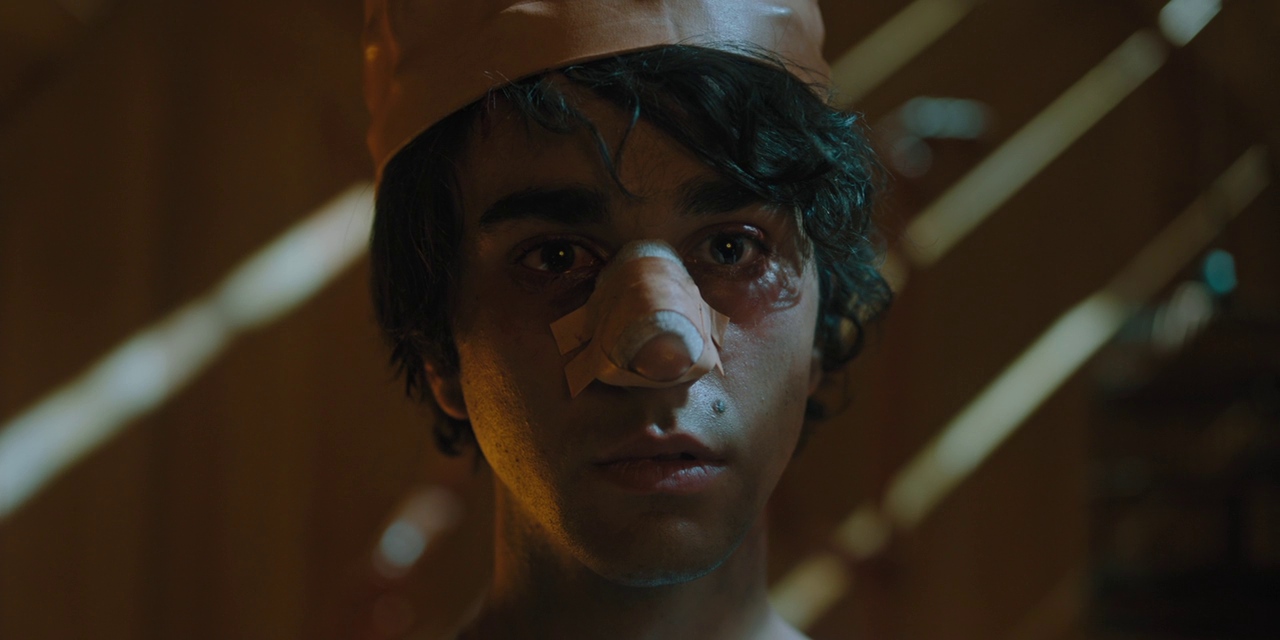
Poor Peter. Alex Wolff’s performance is so raw it feels illegal. He’s every kid who wants to run, but there’s nowhere to go. He tries weed, he tries sleep, he tries to just forget — but the family’s jaws are locked around him like a bear trap. By the time he’s smashing his face into a desk at school, you get it: it’s easier to hurt yourself than admit your blood is poison. And when Mom’s on the ceiling with that piano wire? That’s it. No more illusions. This is what family does sometimes: it tears you apart from the inside, with your own hands.
The Real Cult
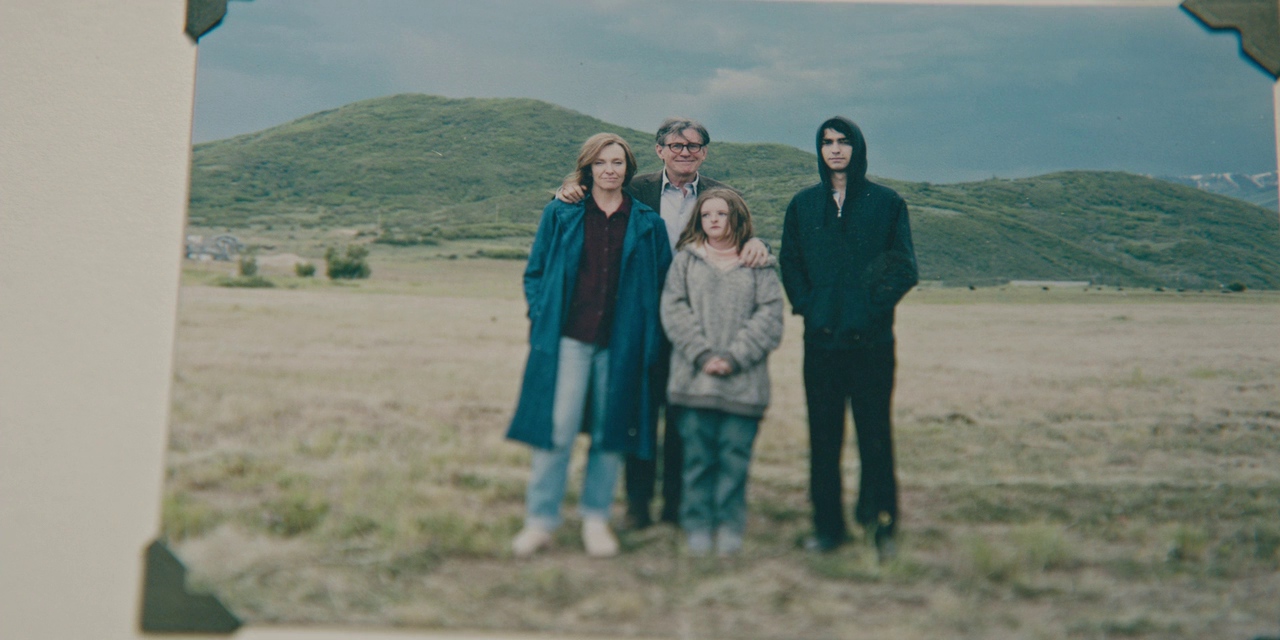
Yeah, there’s a demon. King Paimon. But be honest — is he really the scariest thing in Hereditary? Or is it the idea that your mom might see you as just a tool to finish her own mother’s unfinished business? That your grief is a doorway for something ancient and hungry? This isn’t just a story about Satanists in grandma’s knitting circle. It’s about the brutal truth that the people who make us can break us — and sometimes they do it lovingly.
The coven is family, too. Just another word for a group of people bound by ritual, blood, and secrets. The attic, the treehouse, they’re altars. Family is religion, and you are the sacrifice.
Why Hereditary Hurts
Other horror films tell you monsters lurk under your bed. Hereditary says they built your bed. They tucked you in. They kissed your forehead and whispered curses into your ear while you slept.
It’s about the nightmare we all try to ignore: that we’re born into stories we can’t control, that we’re doomed to repeat our parents’ sins and sometimes the only way out is through the blade.
And that’s why Hereditary isn’t just scary. It’s tragic. It doesn’t flinch. It shows you that the scariest ghosts live in your own DNA and they’ll never leave you alone.
